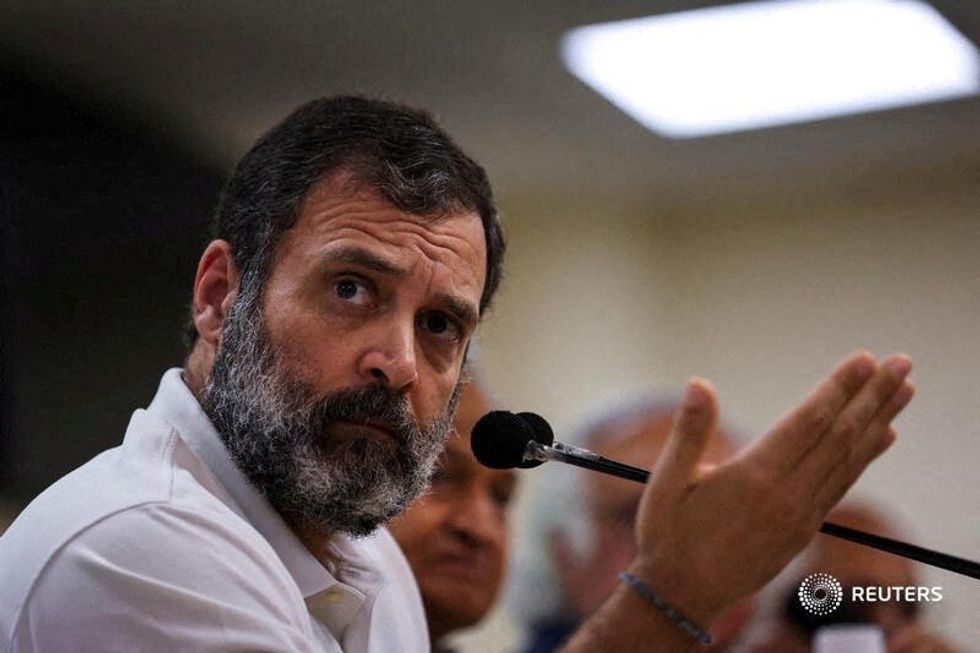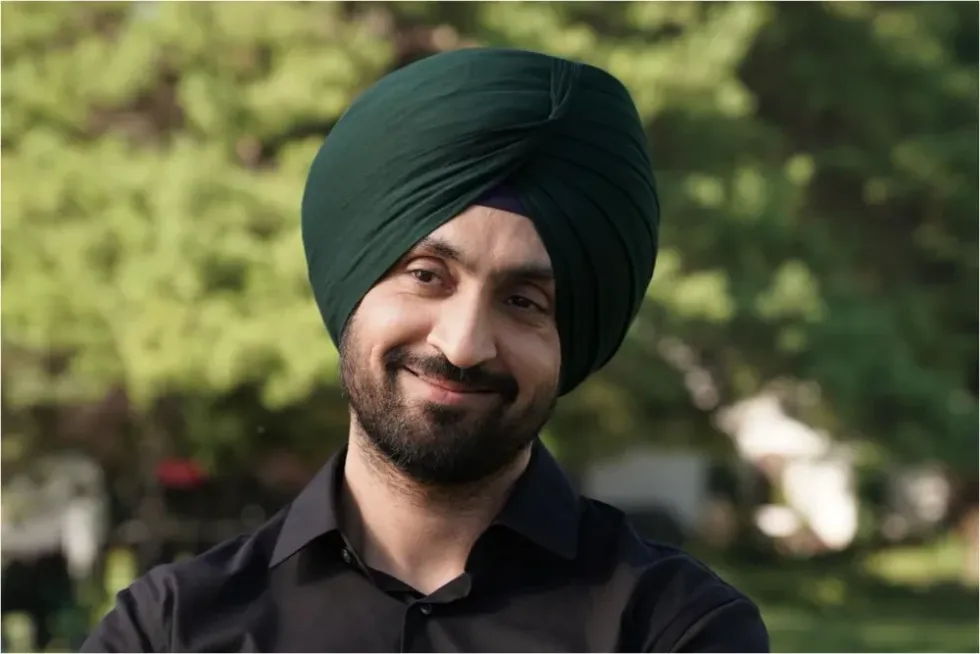EVERYONE knows that the easiest way to win an election is to “encourage” the opposition candidate to stand down.
In Pakistan, Imran Khan has been cancelled by the army. He should have known those who live by the army die by the army.
He has been given a three-year jail sentence, allegedly for flogging state gifts. This seems like a trick to ensure he does not stand in the forthcoming general election. At least, he is luckier than Zulfikar Ali Bhutto, who was hanged by General Zia-ul Haq.
The first time I came across this practice of disqualifying the opposition was in Iran. An organisation, called “the Guardian Council”, controlled by the country’s supreme leader (first, Ayatollah Ruhollah Khomeini, and then Ali Hosseini Khamenei), vetted the candidates’ list and simply crossed out those deemed insufficiently “Islamic”.
In India, the Congress leader Rahul Gandhi was disqualified as an MP and rendered ineligible to stand in next year’s general election after a court in Gujarat gave him a two-year prison term for saying rude things about Narendra Modi’s surname.

Last week the Supreme Court suspended his conviction, so it’s possible he will be able to fight in the 2024 election, after all.
Meanwhile, in Russia, Alexei Navalny, considered president Vladimir Putin’s principal adversary, has had his jail term extended to 19 years.
Many people think that the former US president Donald Trump should be in jail, but the more indictments he gets, the more popular he seems to become with his Republican supporters.
But then American democracy and the way the country elects its president defy logic.
Each of these cases – Imran, Rahul, Navalny and Trump – is different, but what is going on in Pakistan is of particular concern to British Asians.
Last weekend, the Sunday Times (6) called Pakistan “one of the most dangerous, violent and corrupt countries on earth”.
The irony of Imran’s predicament is he is no democrat. He was soft on the Taliban and used the army to get to power.
The real problem is 76 years after Muhammad Ali Jinnah forced the partition of India and demanded a safe homeland for Muslims, the military are entrenched in Pakistan. This is not the country Jinnah had envisaged. Even in Africa, the army has been told to return to barracks after the coup in Niger by other countries on the continent. But no one seems capable of doing the same in Pakistan.
And that is the cancer that needs to be cut out.






 LONDON, ENGLAND - JUNE 22: Baroness Floella Benjamin speaks during the unveiling of the National Windrush Monument at Waterloo Station on June 22, 2022 in London, England. The photograph in the background is by Howard Grey. (Photo by John Sibley - WPA Pool/Getty Images)
LONDON, ENGLAND - JUNE 22: Baroness Floella Benjamin speaks during the unveiling of the National Windrush Monument at Waterloo Station on June 22, 2022 in London, England. The photograph in the background is by Howard Grey. (Photo by John Sibley - WPA Pool/Getty Images)









 Ed Sheeran and Arijit Singh
Ed Sheeran and Arijit Singh Aziz Ansari’s Hollywood comedy ‘Good Fortune’
Aziz Ansari’s Hollywood comedy ‘Good Fortune’ Punjabi cinema’s power-packed star cast returns in ‘Sarbala Ji’
Punjabi cinema’s power-packed star cast returns in ‘Sarbala Ji’ Mahira Khan
Mahira Khan ‘Housefull 5’ proves Bollywood is trolling its own audience
‘Housefull 5’ proves Bollywood is trolling its own audience Brilliant indie film ‘Chidiya’
Brilliant indie film ‘Chidiya’  John Abraham
John Abraham Hina Khan and her long-term partner Rocky Jaiswal
Hina Khan and her long-term partner Rocky Jaiswal  Shanaya Kapoor's troubled debut
Shanaya Kapoor's troubled debut Sana Yousuf
Sana Yousuf



 Shraddha Jain
Shraddha Jain Arundhati Roy
Arundhati Roy William Dalrymple and Onjali Q Rauf
William Dalrymple and Onjali Q Rauf Ravie Dubey and Sargun Mehta
Ravie Dubey and Sargun Mehta Money Back Guarantee
Money Back Guarantee Homebound
Homebound Guru Dutt in Chaudhvin Ka Chand
Guru Dutt in Chaudhvin Ka Chand Sarita Choudhury
Sarita Choudhury Detective Sherdi
Detective Sherdi